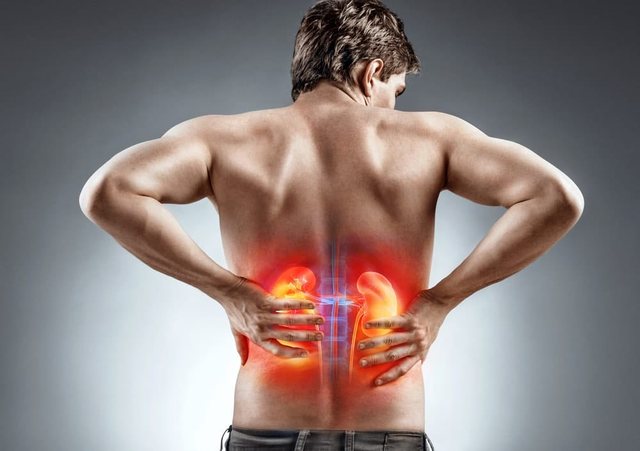- 14
- Sep
- 0

7 Warning Signs Your Kidneys May Be Severely Damaged
Your kidneys are vital organs that filter waste, regulate fluid balance, and maintain essential nutrients and minerals in the body. When they begin to fail, it can lead to serious health problems. Often, kidney damage progresses silently, with very few signs in the early stages. However, as the condition worsens, your body may start showing clear signals that shouldn’t be ignored.
Below are 7 key symptoms that may indicate your kidneys are in serious trouble.
1. Constant Fatigue and Tiredness
Feeling drained all the time, even after a full night’s rest, could point to poor kidney function. When kidneys are damaged, they fail to remove waste effectively, leading to a buildup of toxins in the blood. This can make you feel weak, tired, and low on energy most of the day.
2. Swelling in Ankles, Feet, or Hands
Damaged kidneys may struggle to eliminate excess salt and water, leading to noticeable swelling, especially in your lower limbs and hands. If you observe persistent puffiness or tightness in your skin, it may be a sign that your body is retaining fluids due to kidney issues.
3. Cold Hands and Feet
If your hands and feet feel cold more often than usual, even in warm temperatures, this might be due to reduced blood flow. Poor circulation and anemia—both common in kidney problems—can result in this uncomfortable sensation.
4. Dry and Itchy Skin
Dryness, flakiness, and constant itching on your arms and legs may signal a mineral imbalance caused by kidney dysfunction. Healthy kidneys help maintain the right levels of minerals in the body, and when that balance is disturbed, it can lead to skin problems.
5. Muscle Cramps
Frequent and unexplained muscle cramps, especially in your legs or arms during rest, could be linked to imbalances in electrolytes such as calcium and potassium. These imbalances are often seen in people with declining kidney function.
6. Tingling or Numbness
A prickling, tingling, or numb feeling in your hands and feet might occur if kidney issues begin to affect your nerves. Over time, this symptom can worsen, and it should not be ignored.
7. Joint or Bone Pain
Pain in your joints or bones may be a sign that your kidneys are not managing calcium and phosphorus properly. This can weaken bones and increase the risk of fractures, making early detection vital.
Other Common Symptoms
Additional signs of kidney trouble may include high blood pressure, frequent nausea, loss of appetite, or changes in skin color (either paleness or darkening). These symptoms often appear when the damage has advanced.
What Causes Kidney Damage?
Common factors contributing to kidney damage include:
- Advancing age
- Smoking
- Family history of kidney disease
- Obesity
- Prolonged use of certain medications
Your lifestyle and daily habits play a major role in your kidney health.
Is Kidney Damage Reversible?
In most cases, kidney damage cannot be fully reversed. However, with proper medical care, the progression can be slowed. In severe cases, dialysis or a kidney transplant may be required to sustain life.
Tips to Support Kidney Health
- Eat a balanced, low-sodium diet
- Stay physically active
- Keep your blood pressure and sugar levels in check
- Stay hydrated
- Avoid unnecessary medications and supplements
Final Thoughts
Always consult with your doctor or a healthcare professional before making any major changes to your diet, lifestyle, or medical routine. They can offer personalized advice based on your current health condition and medical history.
Note – If you have any health-related concerns, please call us at +91-9058577992 to receive free consultation from our experienced doctors. Thank you.

Leave a Comment
You must be logged in to post a comment.